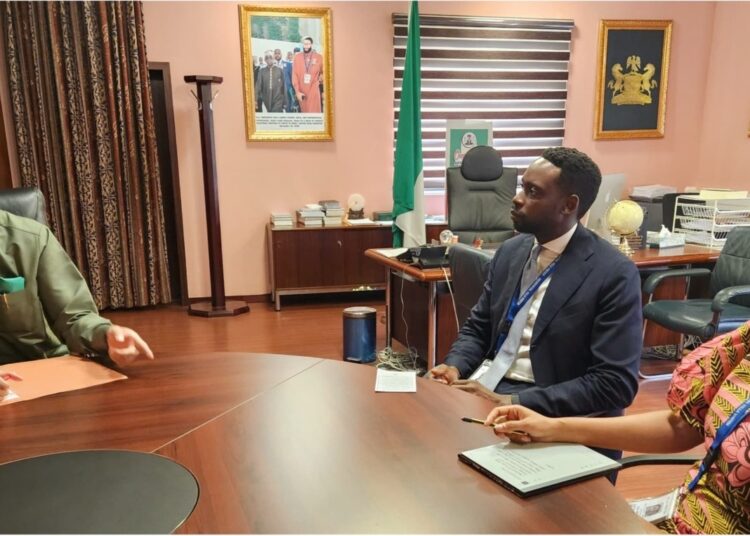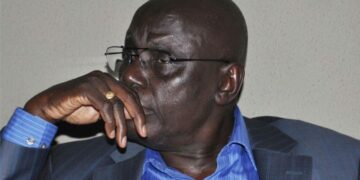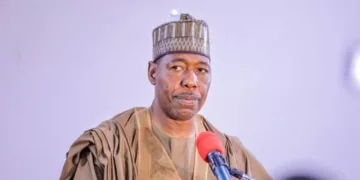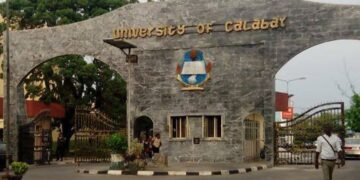Nigeria is taking decisive steps to reduce its reliance on meat imports and promote sustainable agricultural practices in a move towards attaining food security and sustainability.
This initiative was highlighted during a key meeting between the country’s Special Presidential Envoy on Climate Action, Ajuri Ngelale and the Country Director of ProVeg International, Hakeem Jimo.
The meeting, which took place on Monday, shed light on a startling statistic that nearly 50% of all meat consumed in Nigeria is currently imported.
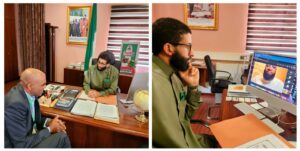
High dependency on foreign meat not only impacts the country’s economy but also contributes to global greenhouse gas emissions, as food systems are responsible for up to 25% of all such emissions worldwide.
“I welcomed the Country Director of ProVeg International, Mr. Hakeem Jimo, who exchanged views with me on how we can generate tangible value from reviewing food systems that globally contribute up to 25% of all greenhouse gas emissions at a time when nearly 50% of all meat consumed in Nigeria is imported.
“Sustainable agricultural practices and food system alignments can minimise forest destruction and biodiversity loss,” Ngelale said.
He identified creation of a new industrial ecosystem for biomass in-country in close collaboration with technical partners and investors as major area of opportunity being sought by the country.
Ngelale also met with the envoy and representatives from the World Economic Forum (WEF), including Mr. Chido Munyati, Head of Africa, and Ms. Abir Ibrahim, Africa’s Regional Agenda Lead.
Discussions centered on Nigeria’s value chain localisation initiative and potential collaborations between the private sector in developed markets and key Nigerian stakeholders to foster new wealth-creating industries supported by localised supply chains.
The presidential envoy also met with EVC/CEO of the National Agency for Science and Engineering Infrastructure (NASENI), Khalil Halilu.
Their discussions aimed to align approaches for localising renewable energy technology value chains in Nigeria, in line with President Bola Tinubu’s team-centered approach to problem-solving and service delivery.
The special presidential envoy expressed optimism about the outcomes, stating that “Nigerians have so much to look forward to.”

